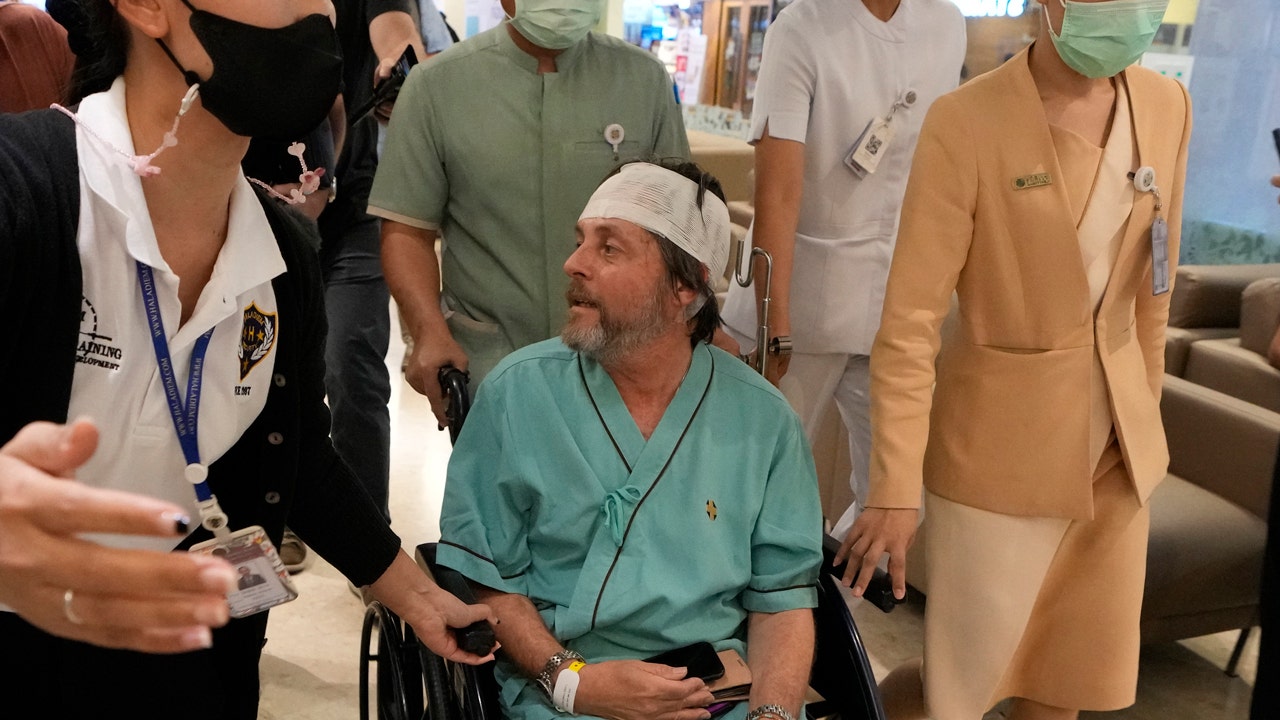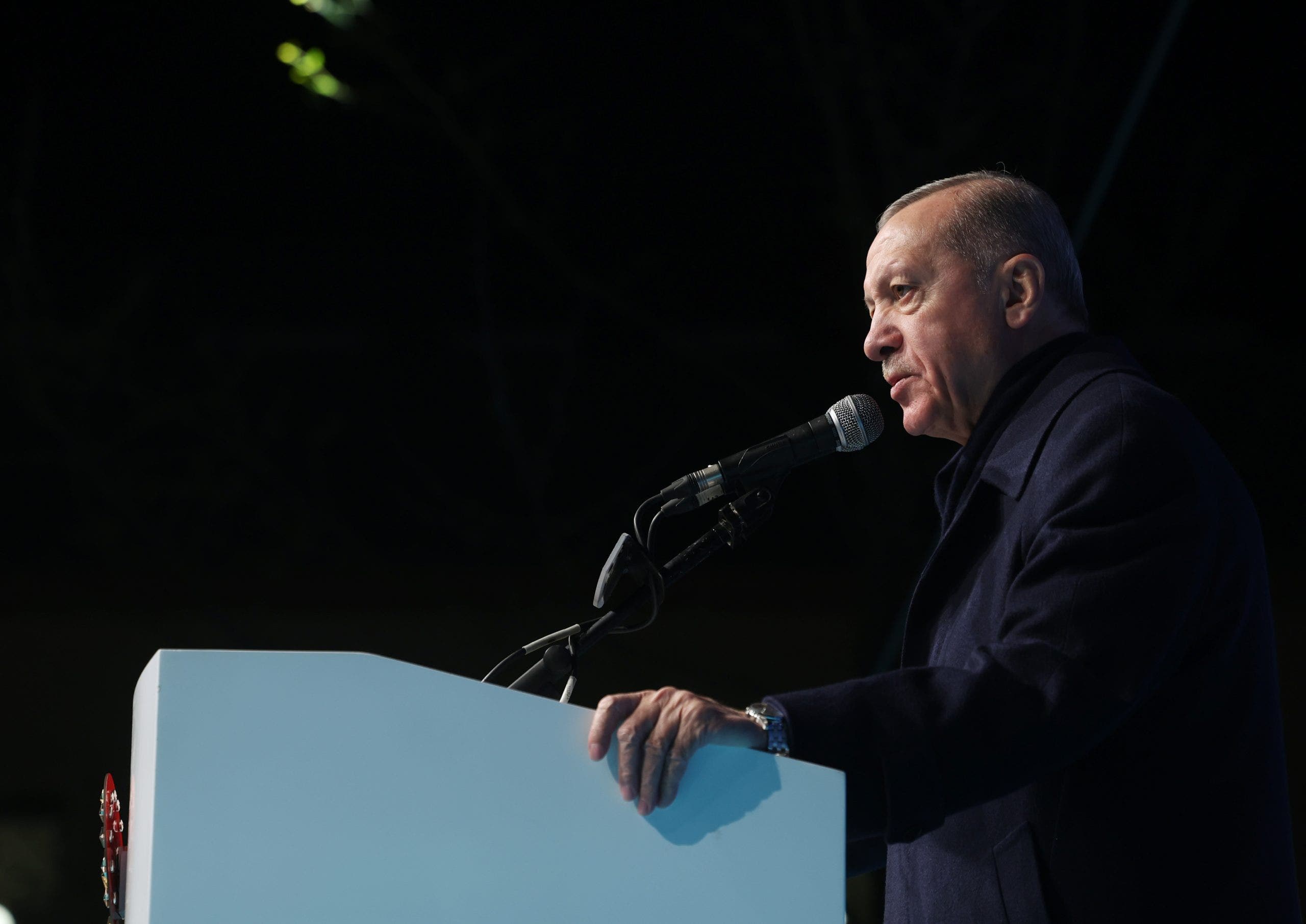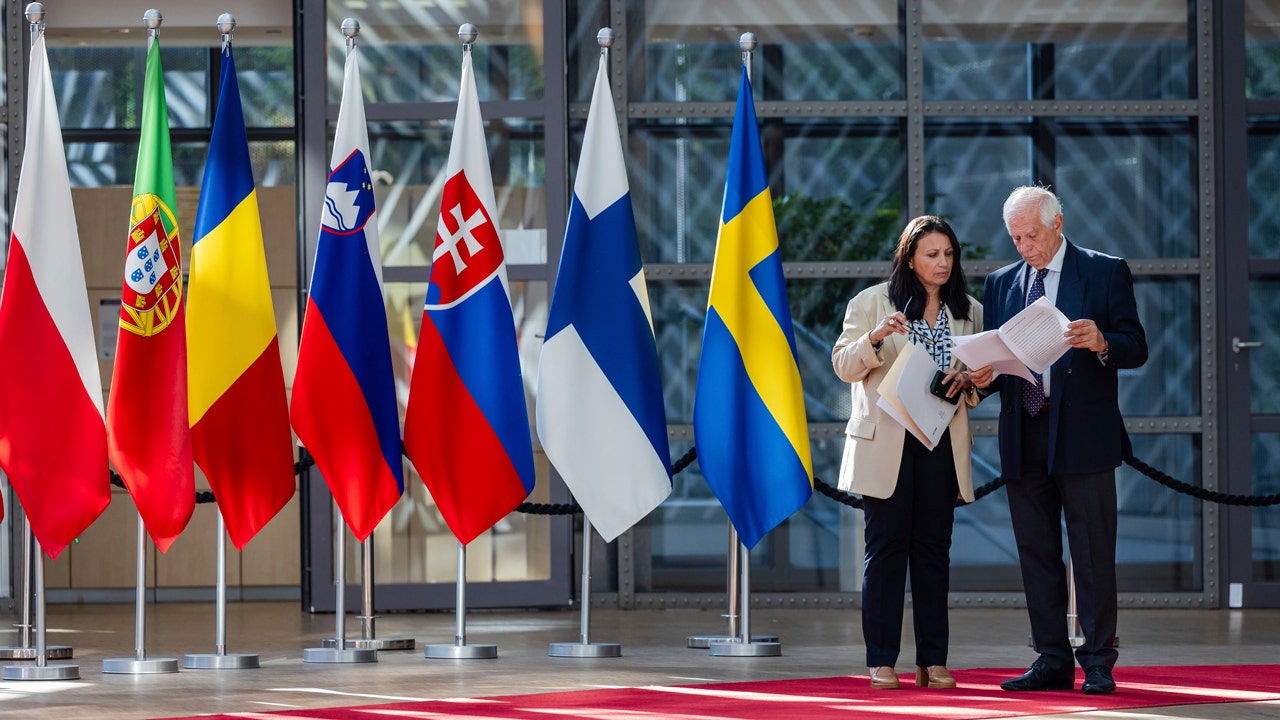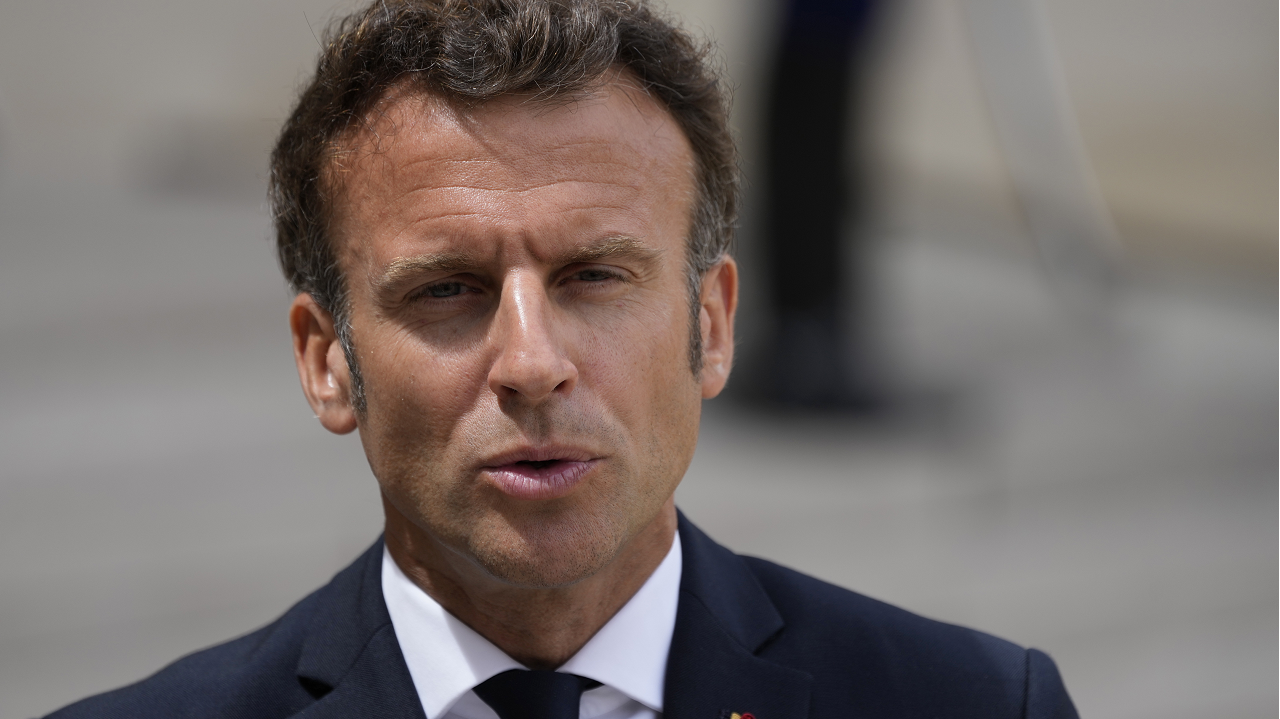Thailand’s ousted former prime minister, Thaksin Shinawatra, a leader once seen as a threat to the country’s wealthy elite, was released on parole on Sunday, after spending only a fraction of his original eight-year prison term in detention — in a hospital.
Mr. Thaksin, who was removed in a coup and spent years in exile, made a stunning return to Thailand last year. He had been convicted in absentia on charges of corruption and abuse of power, and promptly sentenced when he was back in the country. But days later, the king commuted Mr. Thaksin’s sentence to one year, fueling speculation that he had struck a deal with powerful royalists. Last week, the authorities said he would be paroled soon.
A billionaire businessman, Mr. Thaksin remains one of Thailand’s most influential politicians. Analysts say he is unlikely to formally re-enter politics but could still play a significant role behind the scenes in the governing political party, Pheu Thai, the third incarnation of one of Mr. Thaksin’s political parties.
On Sunday morning, television footage showed Mr. Thaksin, in a neck brace, leaving the Police General Hospital in a car, along with his two daughters. A banner with the words “Welcome home” and “We’ve been waiting for this day for so, so long” was seen hanging at the front gate of his house in western Bangkok.
For many Thais, Mr. Thaksin’s parole was just the latest example of the two-tier justice system in the country, where the wealthy enjoy special treatment not given to the ordinary people. In a statement, the opposition Move Forward Party said Mr. Thaksin’s release raised questions of “double standards” and “supporting the privilege of a certain person over the rule of law.”
Move Forward officials have also questioned how much sway Mr. Thaksin would have over the current government. Prime Minister Srettha Thavisin suggested he remains in charge.
“The Thai constitution only allows one prime minister at a time,” he told reporters on Sunday, adding that he plans to see Mr. Thaksin in due course.
For decades, Mr. Thaksin’s name invoked bitter divisions in Thailand. The country was split between the pro-Thaksin “red shirt” protesters from the rural north and the anti-Thaksin “yellow shirt” faction made up of royalists and the urban elite, which battled each other in the streets of Bangkok. Both the wealthy aristocrats and the military viewed him as a threat.
Mr. Thaksin was ousted in 2006 after about five years in office. Through his 15 years in self-exile, the political parties he founded consistently won the most votes in every election — except last year when the progressive Move Forward Party clinched a surprise victory. Many Thais, especially in the rural northern parts of Thailand, associate Mr. Thaksin with economic prosperity — he ushered in a universal health care system and implemented other policies that improved their livelihoods.
Last August, he returned to Thailand, arriving just hours before Parliament selected Mr. Thavisin as prime minister. Mr. Thaksin was quickly taken into custody and told by a court that he had to serve an eight-year sentence in connection with three cases of corruption and abuse of power.
But about a week later, Thailand’s king commuted Mr. Thaksin’s prison sentence to a year. On Tuesday, the justice minister said that Mr. Thaksin, 74, was among 930 prisoners who met early parole-criteria, which include having serious illnesses, being disabled, or older than 70. The justice minister, Tawee Sodsong, added that this group of prisoners would be released “after six months automatically.”
On Mr. Thaksin’s first night in jail, the authorities said he was transferred to a police hospital because of chest pains, high blood pressure and low blood oxygen. He remained there for the rest of his sentence.
Many Thais who supported Mr. Thaksin say they are now disillusioned by him and Pheu Thai, believing that a quid pro quo arrangement was made with the conservative establishment to ensure that he would not be heavily punished in exchange for keeping the military and royalists in power.
But Mr. Thaksin’s legal troubles might not be over. Earlier this month, the Thai authorities said he still faces a criminal charge of defaming the monarchy dating back to 2016 over comments that he made in an interview with the Chosun Ilbo newspaper in Seoul. The attorney general has not decided yet if Mr. Thaksin should be indicted.
Pirada Anuwech contributed reporting.






